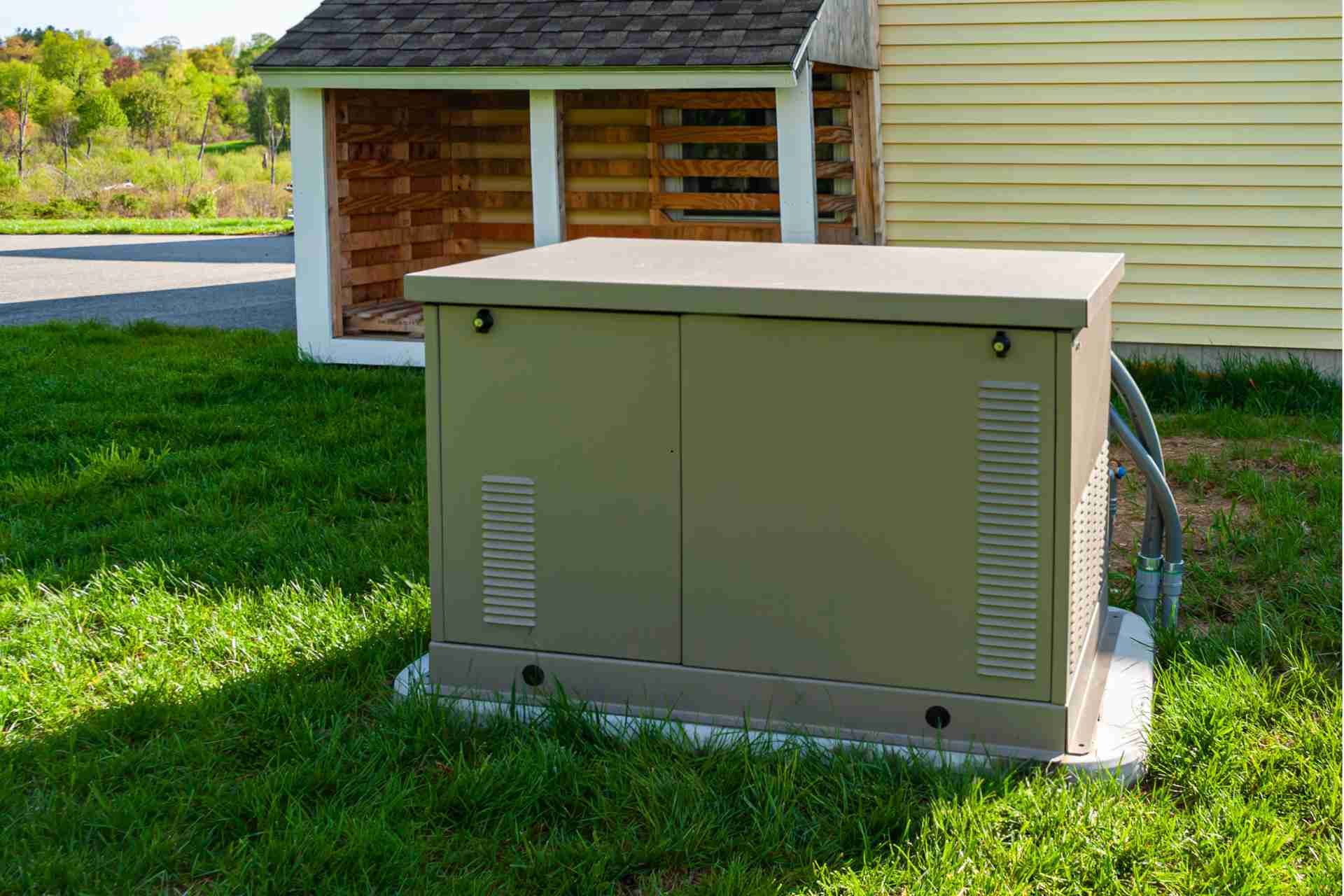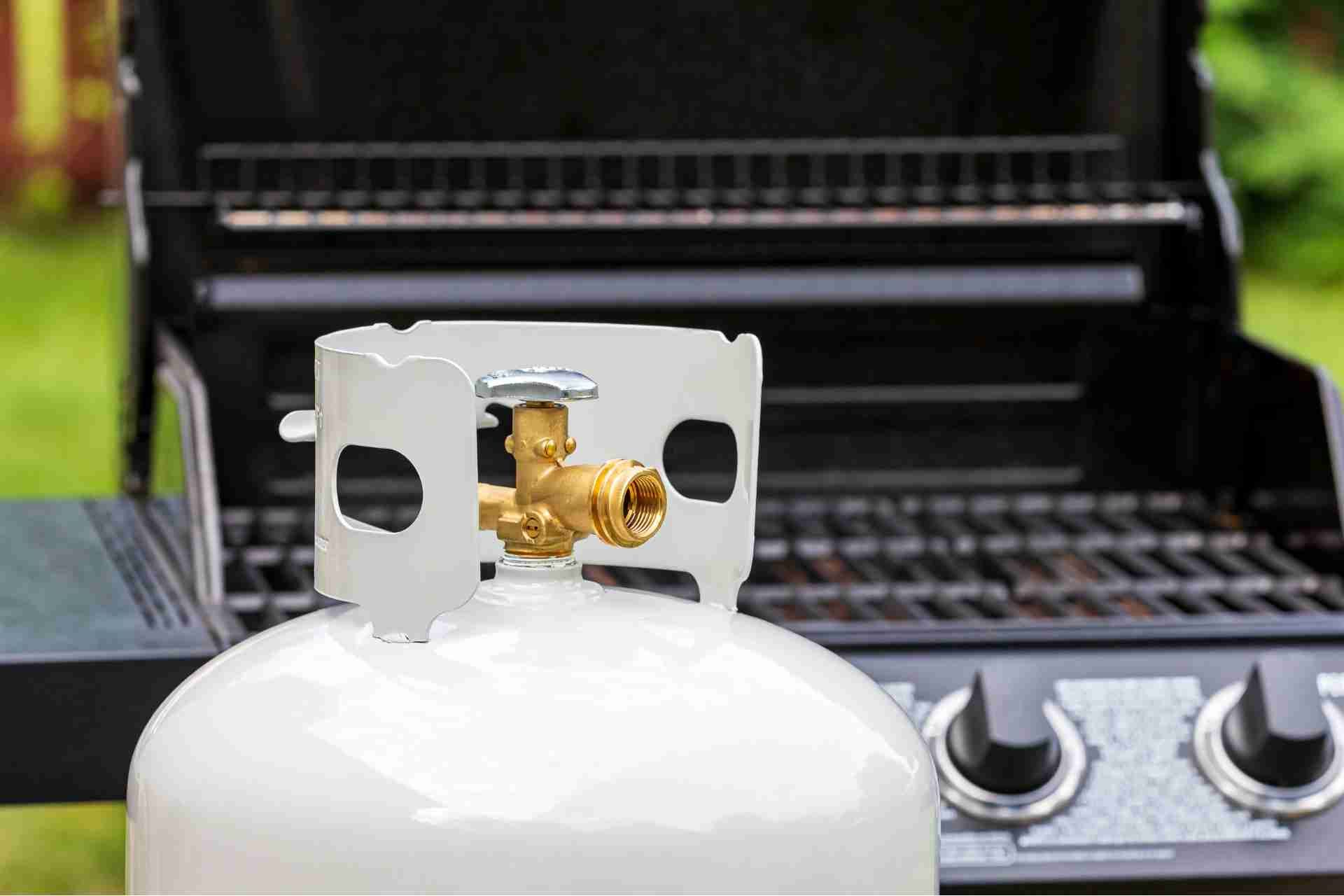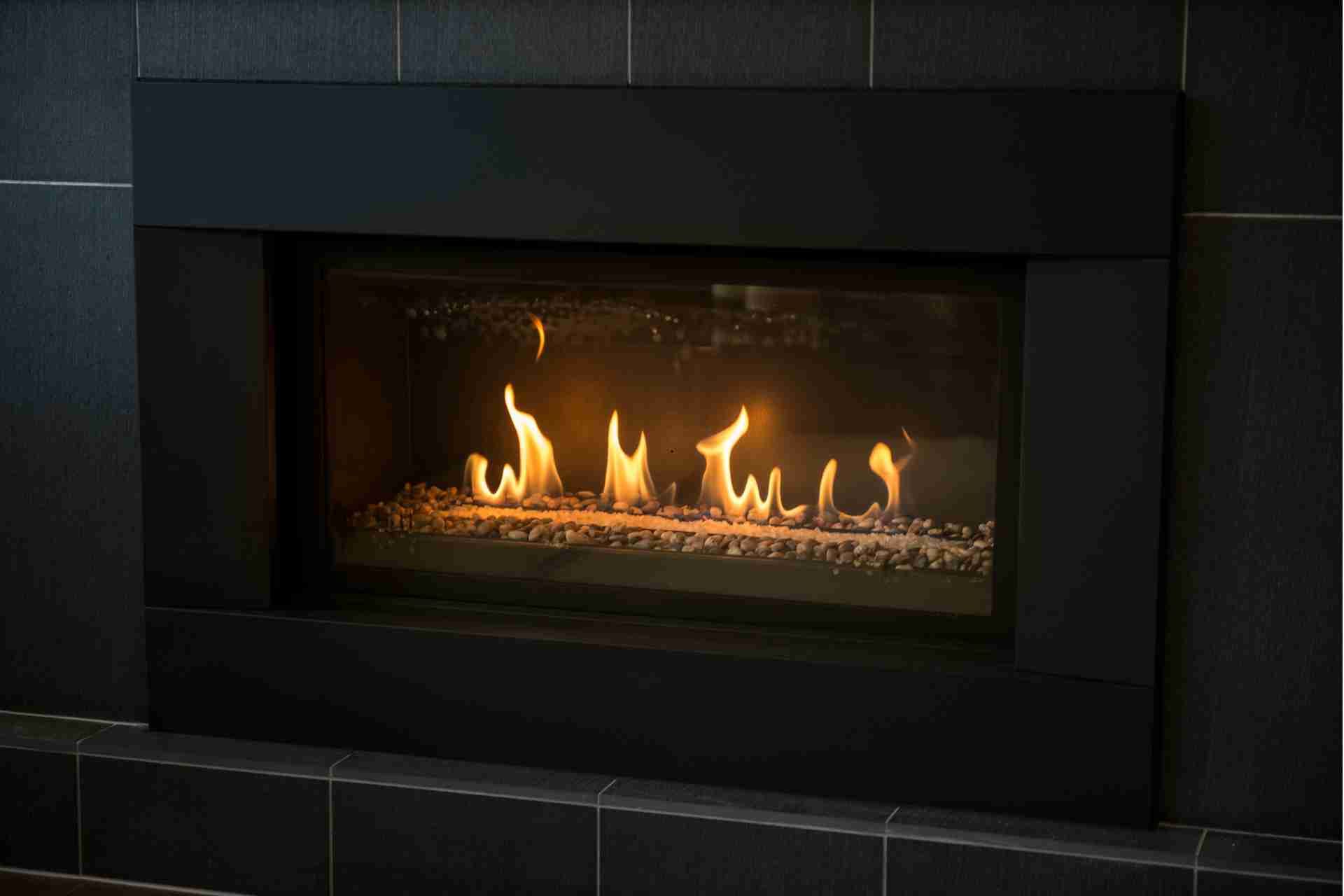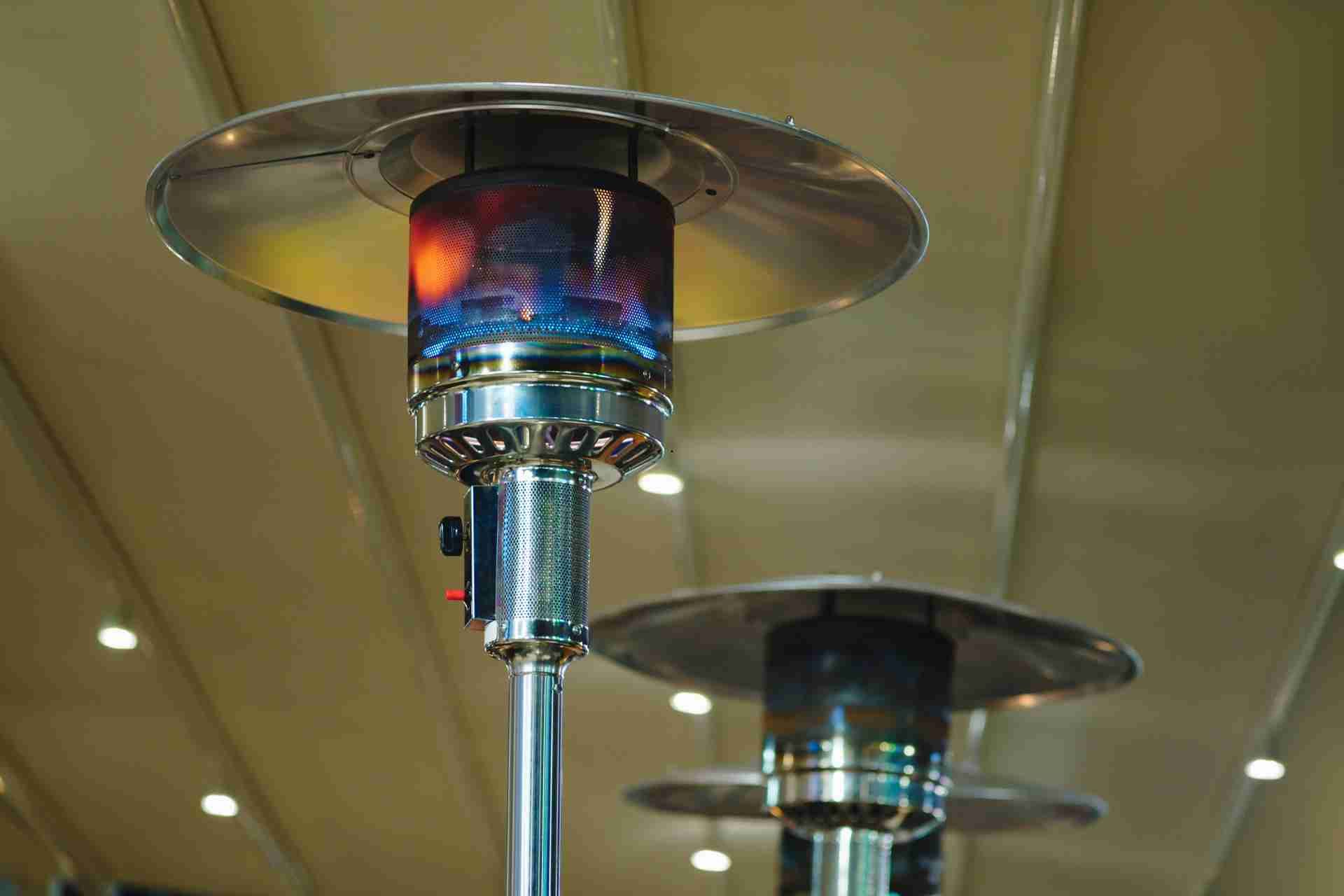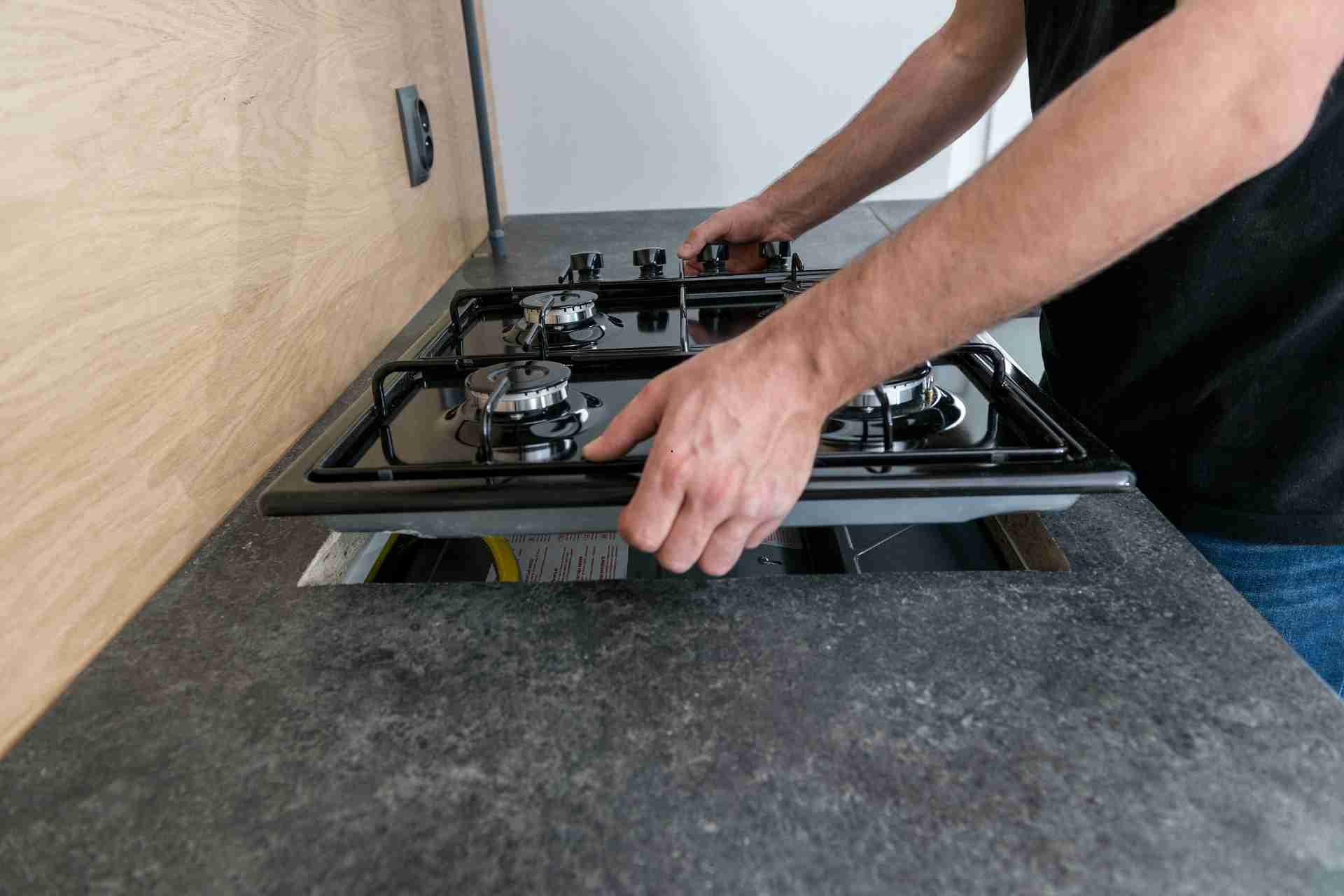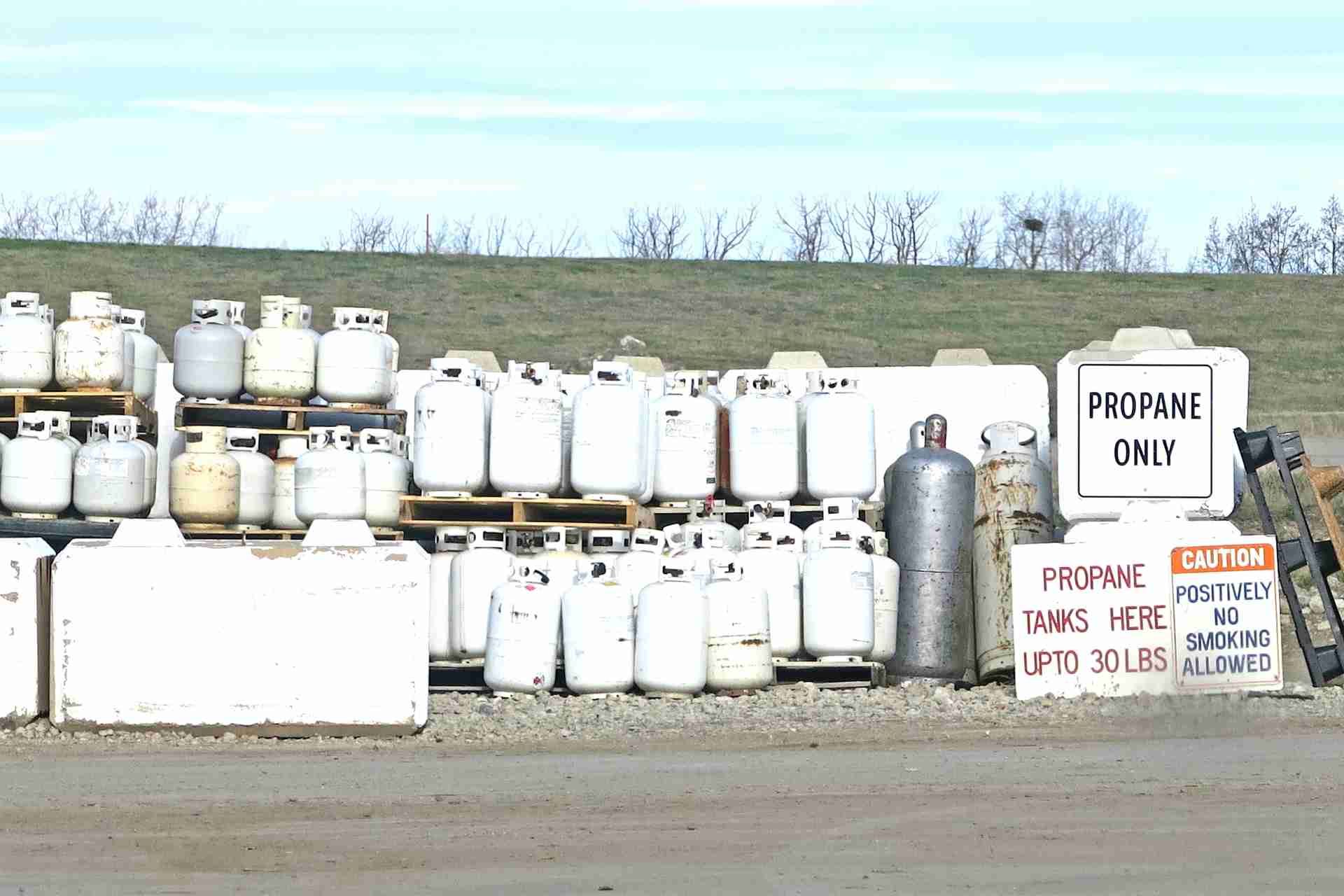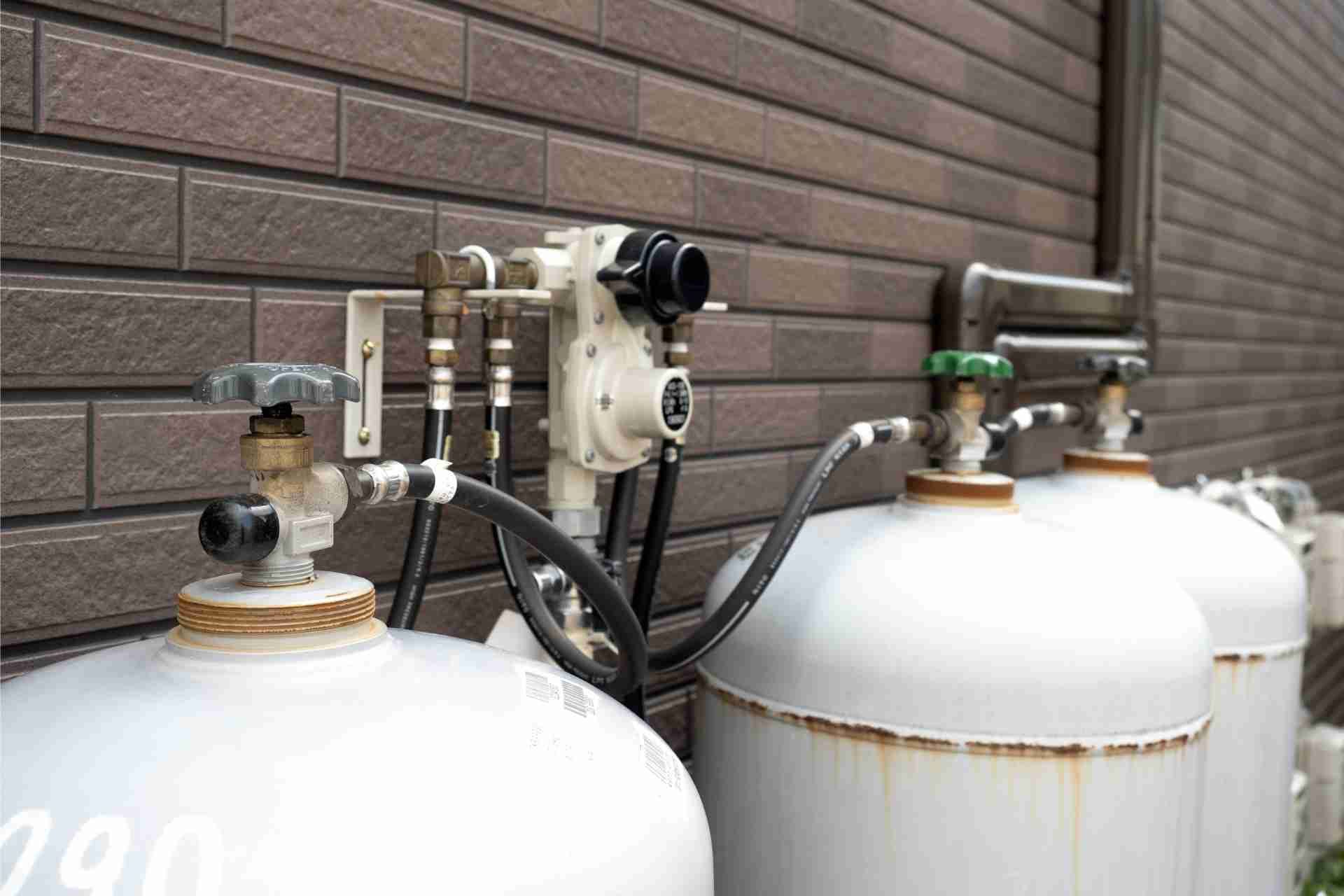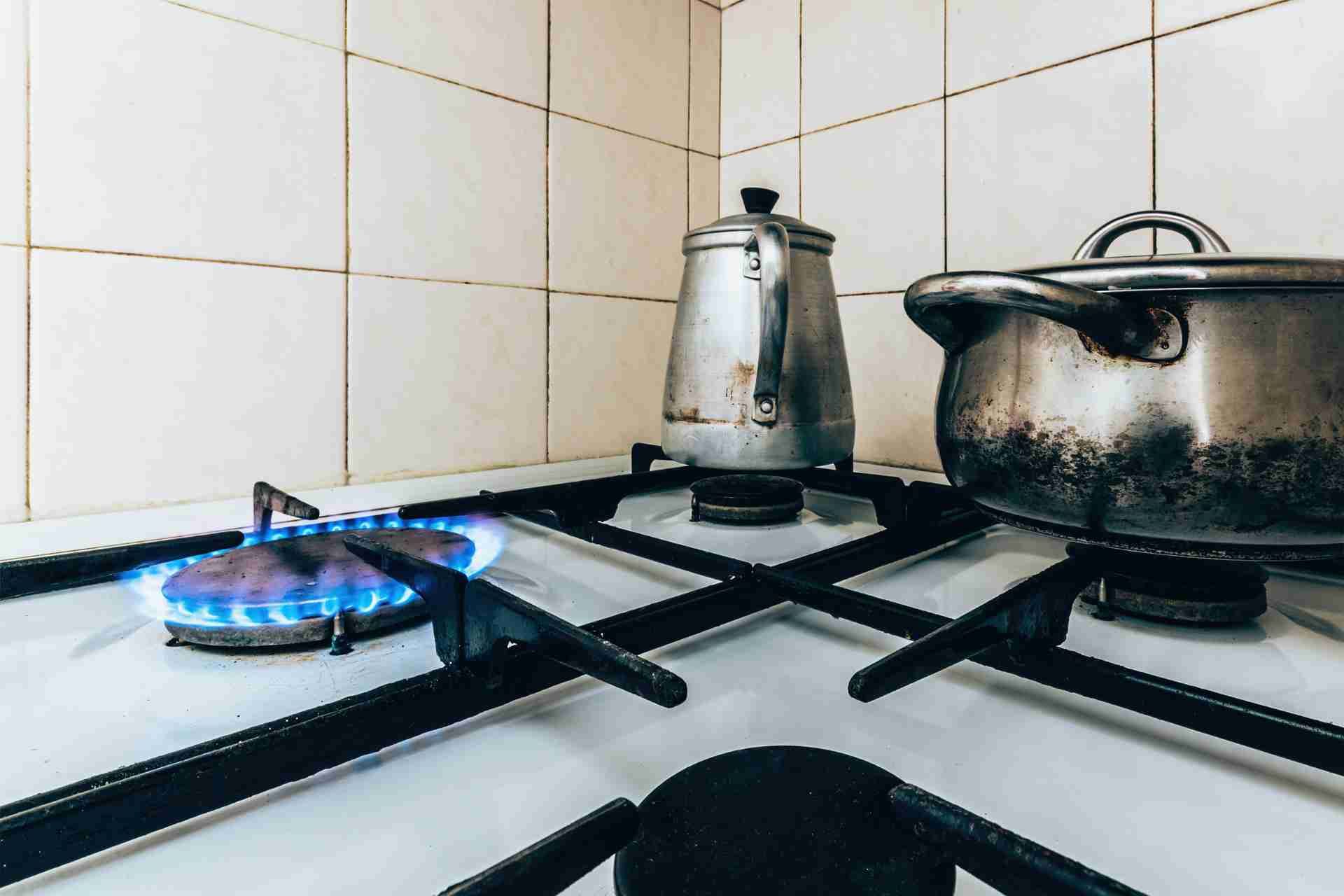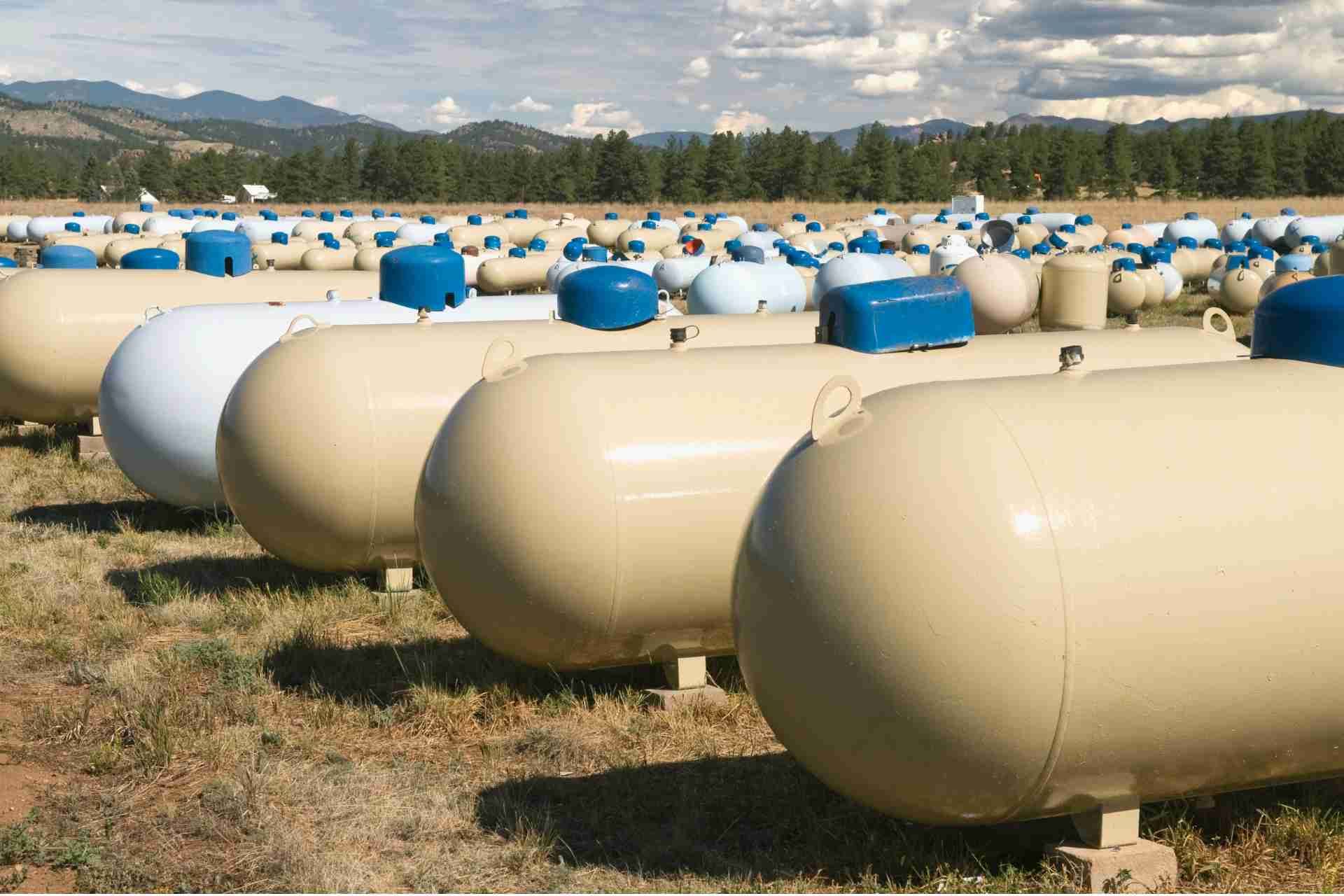Facts About Propane Gas
Propane gas is a versatile and efficient fuel source that is used for a wide range of applications, from heating homes to powering vehicles. It is a popular choice for many homeowners and businesses because of its affordability and cleanliness. If you are considering using propane gas in your home or business, here are some facts about propane that you should know.
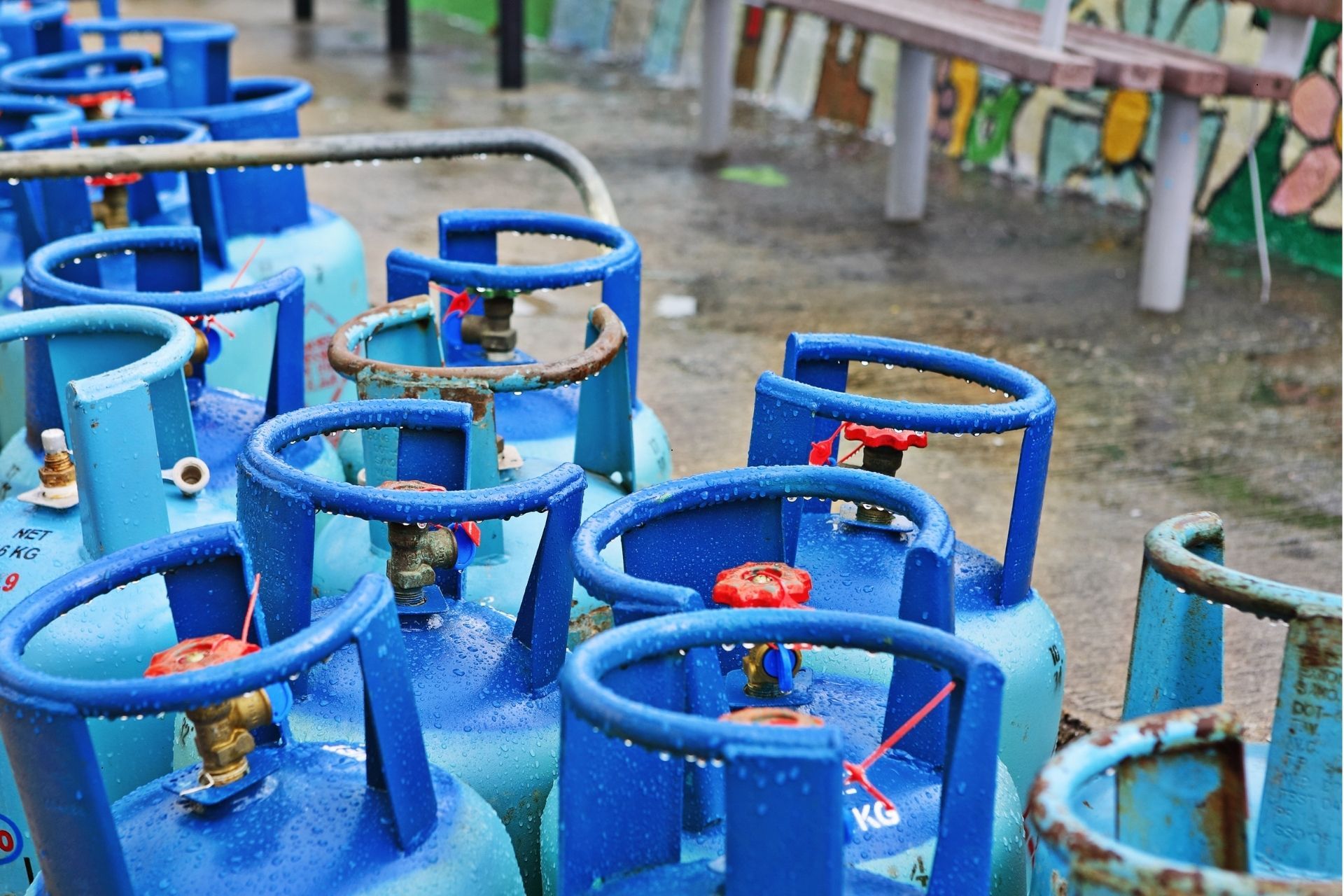
Fact #!: Propane is a byproduct of natural gas processing and petroleum refining
When natural gas is extracted from the ground, it contains a mixture of gases, including methane, ethane, propane, and butane. During the processing of natural gas, these gases are separated and purified. Propane is one of the gases that is separated out, as it has a higher energy density than methane and is therefore a more valuable fuel.
Similarly, during the refining of petroleum, propane is produced as a byproduct. As crude oil is heated and distilled in the refining process, the different components of the oil are separated based on their boiling points. Propane, with a boiling point of -44°F, is one of the lighter components of crude oil and is therefore one of the first to be separated out.
Once separated, propane can be stored and transported in liquid form, as it has a low boiling point. It is then distributed to consumers for use in a variety of applications, such as heating homes and businesses, powering vehicles, and even grilling food.
Propane is a clean-burning fuel that produces fewer emissions than gasoline and diesel, making it a popular choice for environmentally-conscious consumers. It is also a reliable and efficient fuel, with a wide range of uses and applications.
Fact #2: Propane is stored in liquid form under pressure, which allows it to be easily transported and stored
When propane is compressed into a liquid, it becomes much more dense and takes up less space than it would in its gaseous form. This makes it much easier to transport large quantities of propane over long distances, whether by truck, rail, or ship. In fact, propane is often used as a fuel for vehicles that travel long distances, such as buses and delivery trucks, because it can be easily transported in large quantities without taking up too much space.
Storing propane in liquid form under pressure allows for more efficient storage and distribution. Propane tanks can hold much more fuel when the propane is in liquid form, compared to if it were stored as a gas. This means that businesses and homeowners who rely on propane for heating or cooking can store enough fuel to last them through the winter without having to worry about running out.
Another benefit of storing propane in liquid form is that it is much safer than storing it as a gas. Propane is a flammable gas, so storing it in liquid form under pressure reduces the risk of leaks and accidents. In the event of a leak, the liquid propane will simply evaporate into a gas and disperse harmlessly into the air, rather than forming a potentially dangerous cloud of gas.
Fact #3: Propane is commonly used for heating homes, water heaters, stoves, and grills
One of the most common uses of propane in homes is for heating. Propane furnaces provide consistent and comfortable warmth during the colder months, making them a popular choice for many homeowners. Propane heating systems are known for their efficiency, helping homeowners save money on their monthly energy bills compared to electric heating systems.
Water heaters are another common appliance that runs on propane. Propane water heaters heat water quickly and efficiently, providing ample hot water for showers, dishes, and laundry. Many homeowners prefer propane water heaters for their reliability and fast recovery time.
stoves are a popular choice for homeowners who enjoy cooking on gas. Propane stoves heat up quickly and provide precise temperature control, making them ideal for cooking a variety of meals. Propane stoves are also popular among outdoor enthusiasts who use them for camping and grilling.
Speaking of grilling, propane grills are a staple in many households. Propane grills are easy to use and provide consistent heat for grilling your favorite foods. Whether you're cooking burgers, hot dogs, or vegetables, a propane grill is a convenient and reliable option for outdoor cooking.
Fact #4: Propane is highly efficient and cost-effective compared to other fuels
When it comes to comparing propane with other fuel sources, such as electricity, natural gas, and gasoline, propane comes out on top in terms of efficiency and cost-effectiveness.
One of the main reasons why propane is highly efficient is because it has a high energy density. This means that a small amount of propane can produce a large amount of energy, making it more efficient than other fuels. In fact, propane contains more energy per unit volume than gasoline, meaning that it can power vehicles for longer distances without needing to be refueled.
Additionally, propane burns cleaner than other fuels, producing fewer emissions and pollutants. This not only makes propane better for the environment, but it also means that propane-powered appliances and vehicles have a longer lifespan and require less maintenance.
In terms of cost-effectiveness, propane is often cheaper than other fuels, such as electricity and natural gas. This is because propane is produced domestically, reducing the cost of transportation and distribution. Additionally, propane is a highly efficient fuel, meaning that you get more bang for your buck when using propane compared to other fuels.
When it comes to heating your home, propane is often the most cost-effective option. Propane furnaces and boilers are more efficient than electric heating systems, meaning that you will spend less money on heating your home with propane. Additionally, propane is a reliable fuel source that is not affected by power outages, making it a great option for homeowners who want to ensure that their homes stay warm and comfortable during the winter months.
Fact #5. Propane is a safe fuel when handled and stored properly.
While propane is a safe and efficient fuel source, it is important to handle and store it properly to prevent accidents and ensure the safety of everyone around.
One of the key factors in safely handling propane is to always use it in a well-ventilated area. Propane is a colorless and odorless gas that can be difficult to detect if it leaks. To prevent any potential build-up of gas, it is crucial to always use propane in a well-ventilated area to allow any gas to dissipate.
When storing propane, it is important to keep it in a secure and upright position. Propane tanks should always be stored outdoors in a well-ventilated area away from any heat sources or potential ignition points. It is also important to keep propane tanks out of reach of children and pets to prevent any accidents.
In addition, it is important to regularly inspect propane tanks for any signs of damage or leaks. If a propane tank shows any signs of damage, it should be immediately replaced to prevent any potential hazards.
When using propane appliances, it is important to follow the manufacturer's instructions and guidelines for safe use. It is also important to regularly check and maintain propane appliances to ensure they are in good working condition.
Fact #6: Propane is readily available in most areas, with over 90% of the propane used in the United States being produced domestically.
Propane is a popular choice for many households when it comes to heating and cooking. Not only is it a clean-burning fuel, but it is also readily available in most areas across the United States. In fact, over 90% of the propane used in the country is produced domestically, making it a reliable and sustainable energy source.
One of the major benefits of using propane is its availability. Unlike other fuels that may require long-distance transportation or importation, propane can be found in most neighborhoods and communities. This accessibility makes it a convenient option for homeowners looking for a reliable and efficient fuel source.
The fact that a significant portion of propane is produced within the United States means that there is a level of energy independence when it comes to using this fuel. This can be particularly reassuring for consumers who are concerned about relying on foreign sources for their energy needs.
Not only is propane plentiful in the United States, but it is also a clean-burning fuel that is better for the environment compared to other fossil fuels. When burned, propane produces lower levels of greenhouse gas emissions and pollutants, making it a more environmentally friendly option for heating and cooking.
Fact #7: Propane can be stored in above-ground or underground tanks, depending on the requirements of your property
If you are considering using propane for your property, one of the first decisions you will need to make is where to store it. Propane can be stored in above-ground or underground tanks, depending on the requirements of your property.
Above-ground propane tanks are a popular option for many homeowners. They are easy to install, maintain, and monitor. Above-ground tanks can be placed in a location that is easily accessible for deliveries and refills. They are also less susceptible to corrosion and leaks, as they are more visible and easier to inspect.
On the other hand, underground propane tanks offer a more discreet option for storing propane. They can be installed beneath the ground, leaving your property looking clean and uncluttered. Underground tanks are also protected from the elements, reducing the risk of damage from weather or vandalism. However, underground tanks can be more expensive to install and maintain, as they require excavation and potential landscaping work.
When deciding between above-ground and underground propane tanks, it is important to consider the specific requirements of your property. Are you looking for a cost-effective and easy-to-maintain option? An above-ground tank may be the best choice for you. Do you value aesthetics and want to keep your property looking neat and tidy? An underground tank could be the right solution.
Regardless of whether you choose above-ground or underground storage, it is important to work with a qualified propane provider to ensure that your tank is installed safely and meets all legal and safety requirements. Regular inspections and maintenance are also essential to ensure that your tank is in good working order and to prevent any potential leaks or accidents.
Fact #8: Propane appliances can be easily converted to use natural gas if desired, making it a flexible fuel option for homeowners and businesses
Propane appliances have long been a popular choice for homeowners and businesses due to their efficiency and cost-effectiveness. However, as natural gas becomes more readily available and affordable, many are considering making the switch to this alternative fuel source. The good news is that propane appliances can be easily converted to use natural gas if desired, making it a flexible fuel option for those looking to make the transition.
One of the main advantages of propane appliances is their versatility. These appliances can be used in a variety of settings, from residential homes to commercial businesses, making them a popular choice for a wide range of applications. However, as the demand for natural gas continues to rise, many are looking for ways to convert their existing propane appliances to use this alternative fuel source.
Luckily, the process of converting propane appliances to natural gas is relatively simple and can be done by a qualified technician. In most cases, the conversion involves replacing the existing propane burner with a natural gas burner and adjusting the appliance's settings to accommodate the new fuel source. This can be a cost-effective way to take advantage of the benefits of natural gas without having to invest in new appliances.
One of the key benefits of converting propane appliances to natural gas is the potential cost savings. Natural gas is typically less expensive than propane, making it a more budget-friendly option for homeowners and businesses looking to lower their energy costs. Additionally, natural gas is considered a cleaner-burning fuel, which can help reduce emissions and improve air quality in the home or workplace.
In addition to the cost savings, converting propane appliances to natural gas can also help reduce the environmental impact of using fossil fuels. Natural gas is a relatively clean-burning fuel, producing fewer emissions than propane and other fossil fuels. By making the switch to natural gas, homeowners and businesses can help reduce their carbon footprint and contribute to a healthier environment for future generations.

